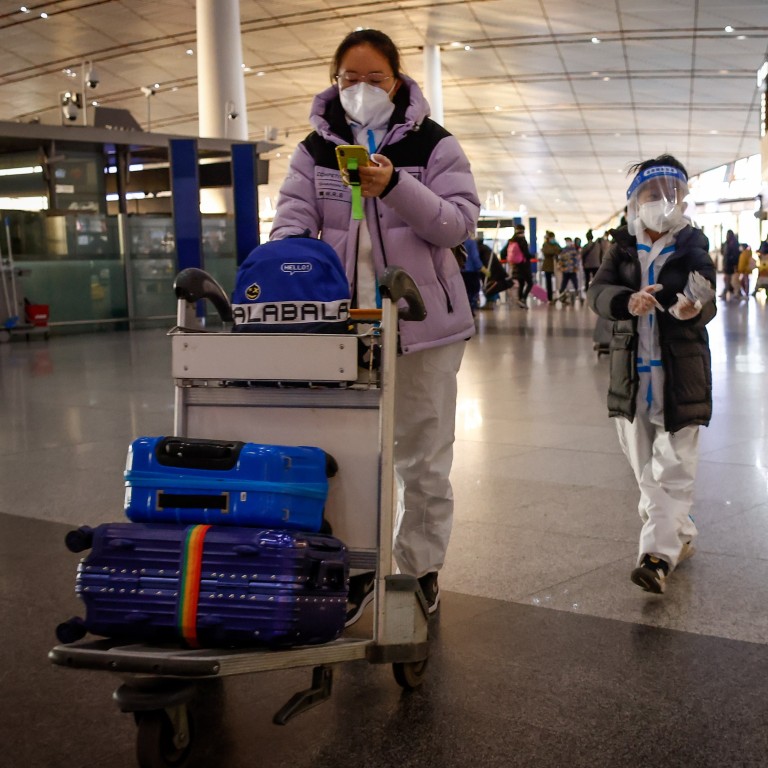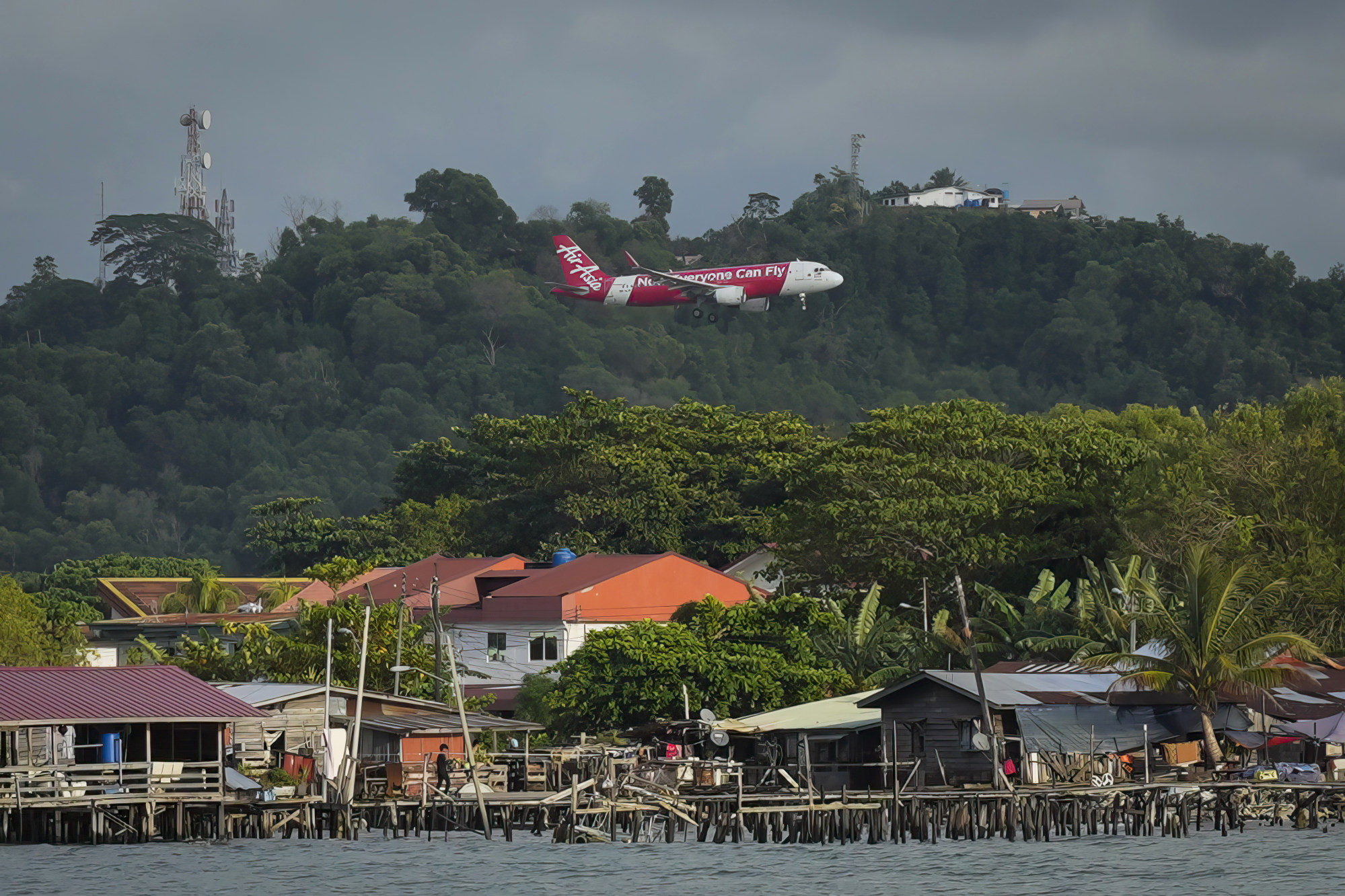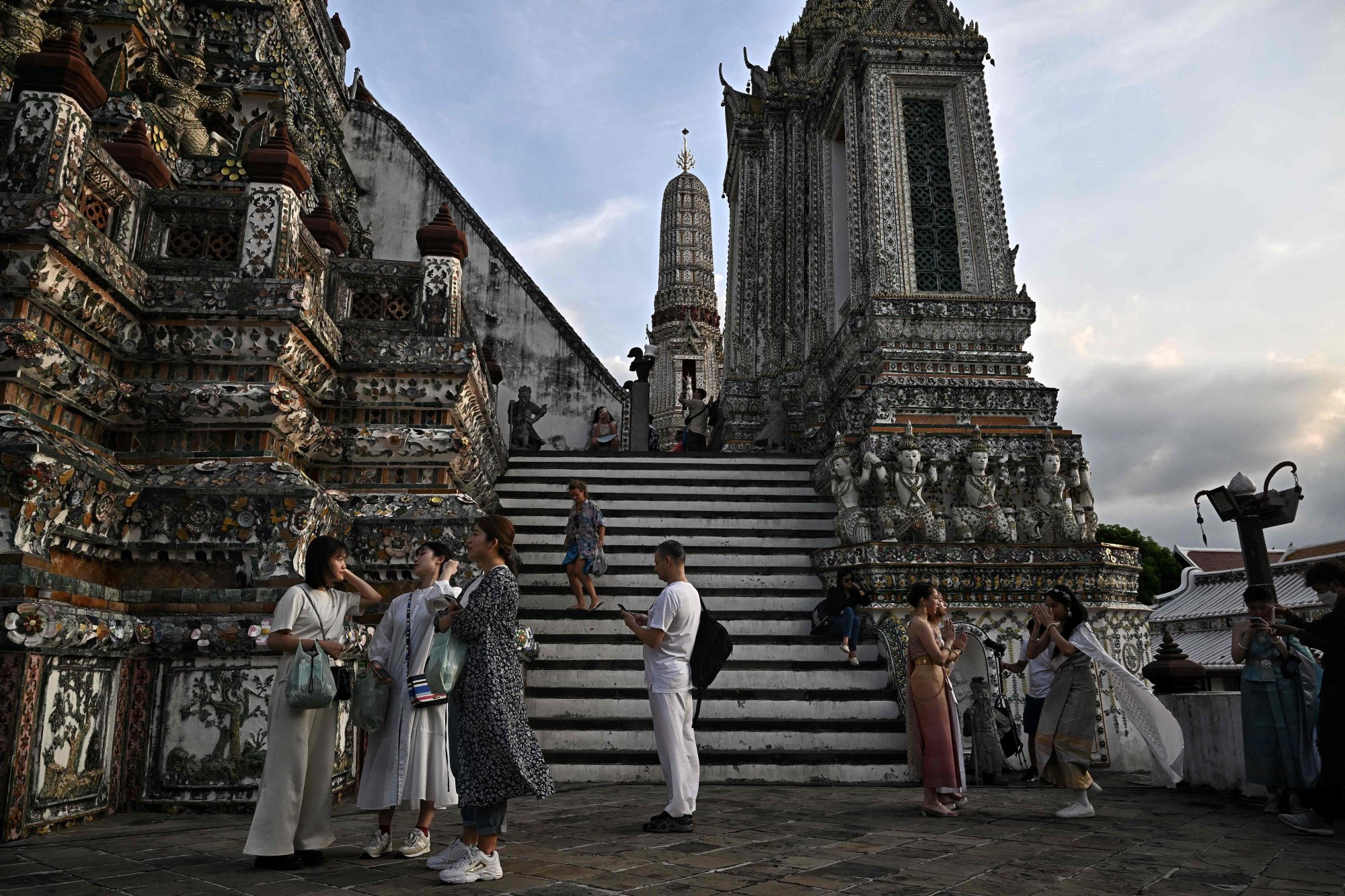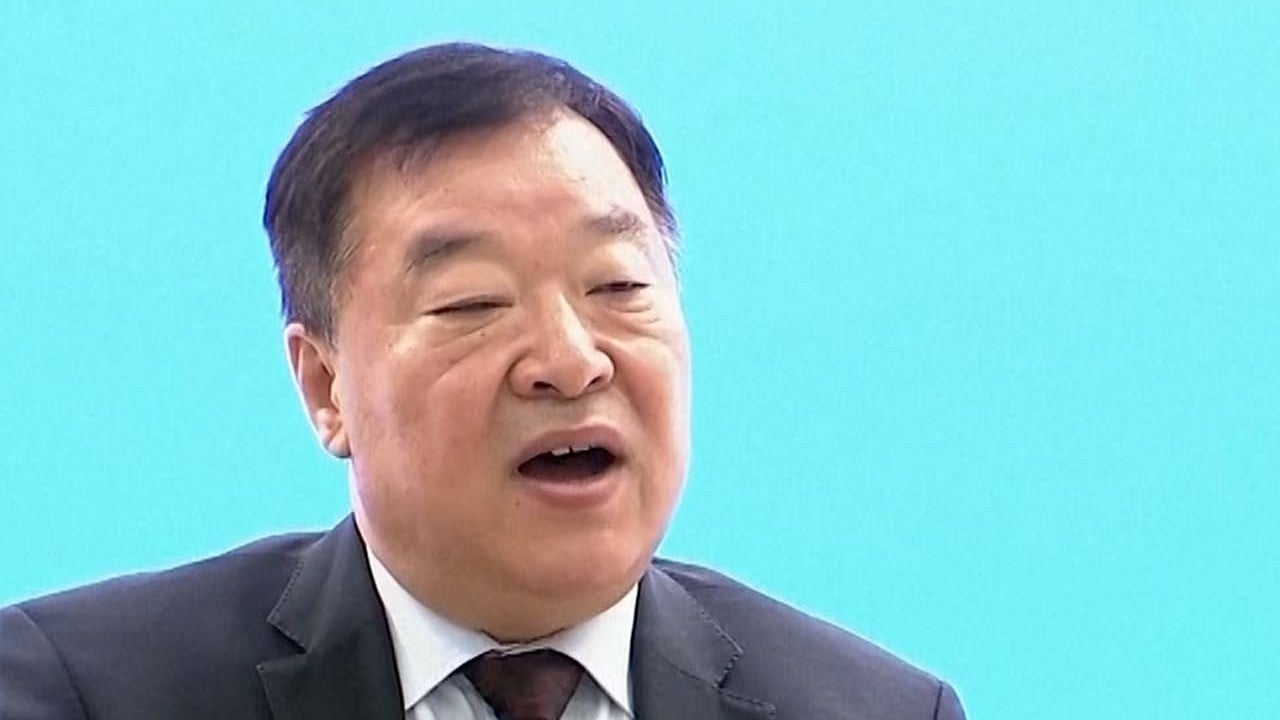
‘No need to take risks’: Malaysians fear Covid-19 resurgence ahead of China tourists’ return
- Malaysians are questioning the rush to allow Chinese tourists to enter, worried the influx will push the country back into lockdown
- Concerns in Thailand also over a potential surge in sick or unvaccinated visitors, with some hospitals to offer AstraZeneca jabs to Chinese tourists
Malaysian social media has been bristling at the looming return of Chinese tourists, with the public weighing up the risks of a resurgence of Covid-19 – driven by potential new variants – denting a fragile economic recovery.
Since China dropped its zero-Covid stance in December, the virus has spread through its mammoth population, where vaccine uptake has been patchy.
On Sunday, China is due to reopen its borders after three years, prompting an expected exodus from its travel-starved public in time for Lunar New Year.
Malaysia to screen poop on flights from China for Covid-19
But in Malaysia, unease is building as the countdown to the release of the world’s biggest population from an effective nationwide quarantine nears.
Malaysia’s health ministry on Monday said the country had recorded cases of the dominant Covid variants in China.
“As of December 31, 2022, 4,148 cases have been infected with BA.5.2 and three cases with BF.7,” said the ministry’s director general Noor Hisham Abdullah.
Eighty per cent of the current cases in China involved these two variants, which had high potency for infection and reinfection, he added.
Tour operator Justin Lee questioned the rush to allow Chinese tourists back in just as the Malaysian economy was stabilising after a grim few years of pandemic-enforced scarring lockdowns and movement restrictions.
“We have enough to eat now and there is no need to rush to take risks,” he wrote on Facebook. “If it [Chinese tourists’ return] causes us to return to lockdown, who will be responsible?”
That has stirred dismay among many in Malaysia who are worried about new variants.
“This won’t be enough! Just ban whoever [is] coming from China from entering Malaysia. We do not want another lockdown just because of them,” said one Twitter user responding to the announcement.
The invective prodded Malaysia’s tourism minister, Tiong King Sing, to try to soothe concerns and remind the nation of the bonanza that Chinese tourist receipts can bring.

“The opening of China’s borders should be viewed rationally. Please do not rashly make unfriendly comments, so as not to hurt the friendship between Malaysia and China, and even make Chinese tourists feel that we do not welcome them,” he said in a Facebook post on Sunday.
“We have seen news on some social media platforms, making negative reports on China’s opening of the border, and even pointing fingers, but I would like to take this opportunity to appeal to everyone to be cautious in words and deeds.”
His comments were panned by critics, who said the public were the ones who would pick up the tab if Malaysia had another damaging outbreak.
“We welcome them [Chinese tourists] but we must be very careful with the situation,” writer Zamri Mohamad said, responding to the minister’s post. “The ones who will be affected are the people at the bottom. You won’t feel the effect, with your political advantage and position.”

Some hospitals are offering AstraZeneca jabs at cost price specifically to Chinese visitors, many of whom have only received China’s domestically developed vaccines that medical experts say have a lower efficacy.
Health Minister Anutin Charnvirakul told reporters over the weekend that the Thai public should not be worried about the expected influx of visitors.
“Once they arrive in Thailand they have to have health insurance so when they get sick they’re taken care of,” he said. “If they want to get booster shots, they can.”
Experts warn, however, that it will take time for Chinese tourist numbers to return to pre-pandemic levels in Asia, due to a lack of flights after three years of heavily restricted international travel and limited routes to second-tier cities.


